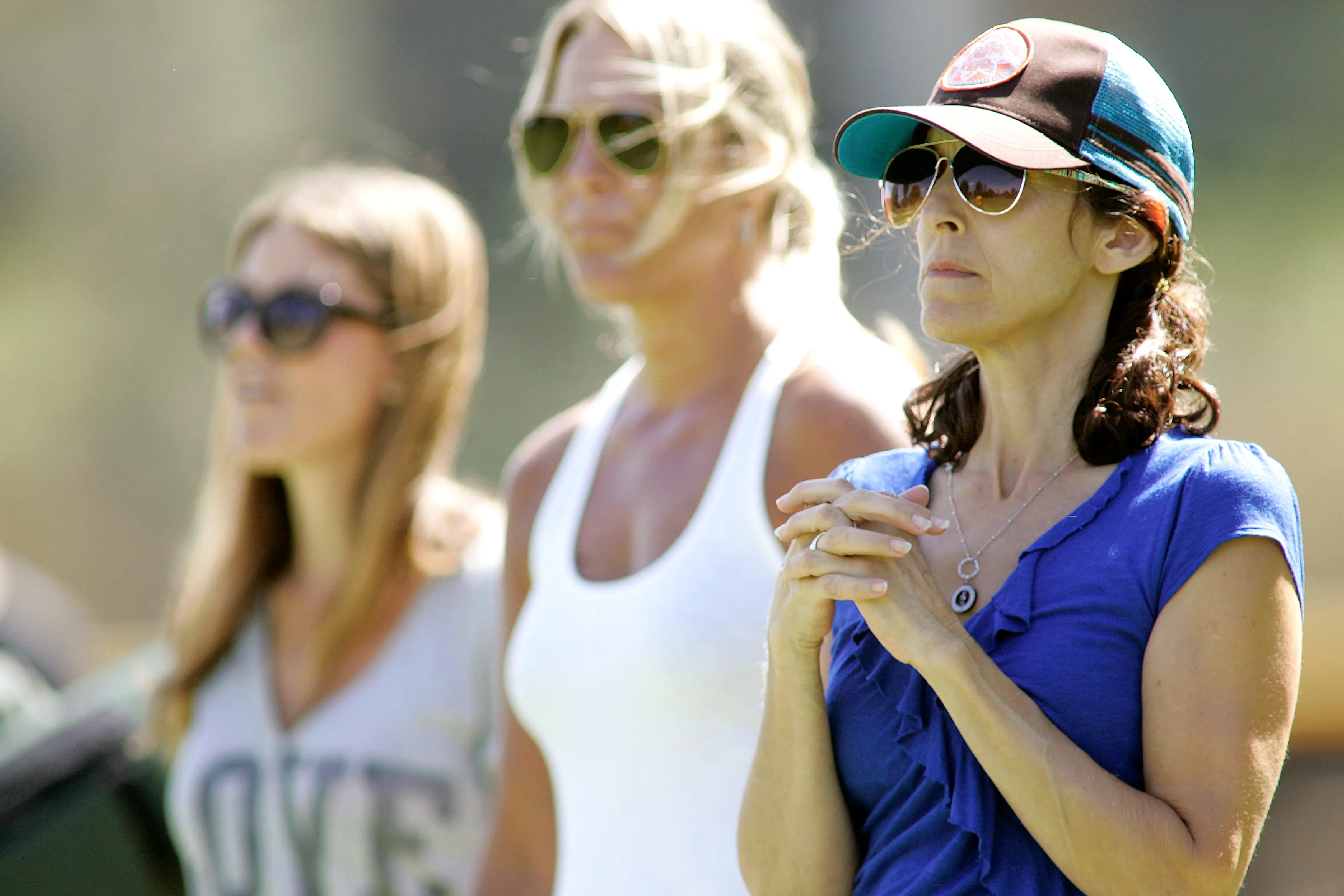
Sep 12, 2018 • 3 min read
5 Things That Over-Functioning Sports Parents Do
Posted in:
If you’ve ever heard the term “over-functioning parent”, then you already know that it basically means to do something for your children that they can already do, or can learn to do for themselves.
Over-functioning takes many different forms and parents often over-function without even realizing they are doing it. They do it partly because they can do things better and faster than their kids and partly because they prefer not to see their children be uncomfortable or not do well.
Youth sports is a breeding ground for over-functioning parents, most of them not even aware they are doing it. If you find that you are doing any of these behaviors, then it may be time to break some unhealthy parenting habits.
Reminding Your Child to Practice, Work Out, or Get the Extra Work In.
It’s one thing to set up the opportunity, but if you are constantly on them about getting it done, they will begin to rely on your reminders and not on their own initiative.
Cleaning Up After Your Athlete.
Cleaning their own uniform, putting their equipment away, and getting gear together for the next day should be tasks that your child learns early.
Rescuing Your Child.
I’ve been guilty of this a few times as I parented 3 athletes through school and college. It usually looked like this: “Mom or Dad, I forgot ________! Can you bring it to school (or to the field or gym)?” I fell into the trap of running back home for shoes and uniforms just because I wanted my child to get to play in the game. Fortunately, I began to see that this was not teaching them personal responsibility.
Fixing Hard Situations for Your Child.
This will always be a temptation for parents, but it must be squashed if you want your child to grow independent. Let your child learn to fight their own playing time battles, let them figure out how to get along with their teammates, and let them practice having hard conversations with their coach. Parents can offer guidance, but let the child do the work themselves.
Always Trying to Make Everyone Happy.
I’m a peacemaker, so I hate discord in my family or with friends or even with coaches. But it is not a parent’s responsibility to make every child in your family happy, to please every parent on your child’s team, or to even please every coach your child plays for. Taking on that burden will stress parents out and ultimately stress out the people they love.
The more ambitious a sports parent’s dreams are for their young athlete, the more over-functioning they can be. But the results of over-functioning are usually counter-productive to an athlete’s long-term success.
Parents who over-function may avoid short-term pain or discomfort for themselves and their kids, but in the long run, they are depriving their children of the opportunity to learn and develop important life skills while they are still at home.
Janis B. Meredith, sports mom and coach’s wife, writes a sports parenting blog called jbmthinks.com. Her new book, 11 Habits for Happy and Positive Sports Parents, is on Amazon.

